August 8, 2024 – 8:00 am-5:00 pm
August 9, 2024 – 8:00 am-4:15 pm
Flatwoods Conference Center (350 Days Dr., Sutton, WV)
See Agenda
Download the Program
Lodging & Meals
A block of rooms has been reserved at the Days Inn (attached to the Flatwoods Conference Center) at a rate of $107/night. To reserve a room, call (866) 700-7284 and reference the “Opioid Response Network Ethics Summit” group block.
Days Inn offers a complimentary breakfast buffet for all hotel guests from 6:30-9:30 am.
Coffee, assorted teas, and water will be available throughout the Summit. Soda, iced tea, and snacks will be available in the afternoons.
Lunch and dinner are on your own. There is an hour set aside for lunch each day, and there is a wide variety of restaurant options near the Conference Center.
Session Information
This in-person Summit is designed to explore the complexities of modern ethical dilemmas that traverse the various disciplines. It will bring together professionals from the fields of counseling, psychology, social work, addiction/prevention, and peer recovery support to engage in dynamic and collaborative learning. By fostering connections and sharing insights across disciplines, NEXUS ETHICS aims to enhance ethical decision-making and promote ethical excellence in professional practice.
This isn’t your typical ethics training! These sessions will “bring ethics to life” through thought-provoking dialogue, scenario-based discussion, and other creative approaches to navigating ethical challenges commonly and not-so-commonly encountered in professional practice.
CEs will be available at no cost for counselors, psychologists, social workers, addiction/prevention/recovery professionals, and domestic violence advocates!
Registration closed 7/31/24.
Keynote
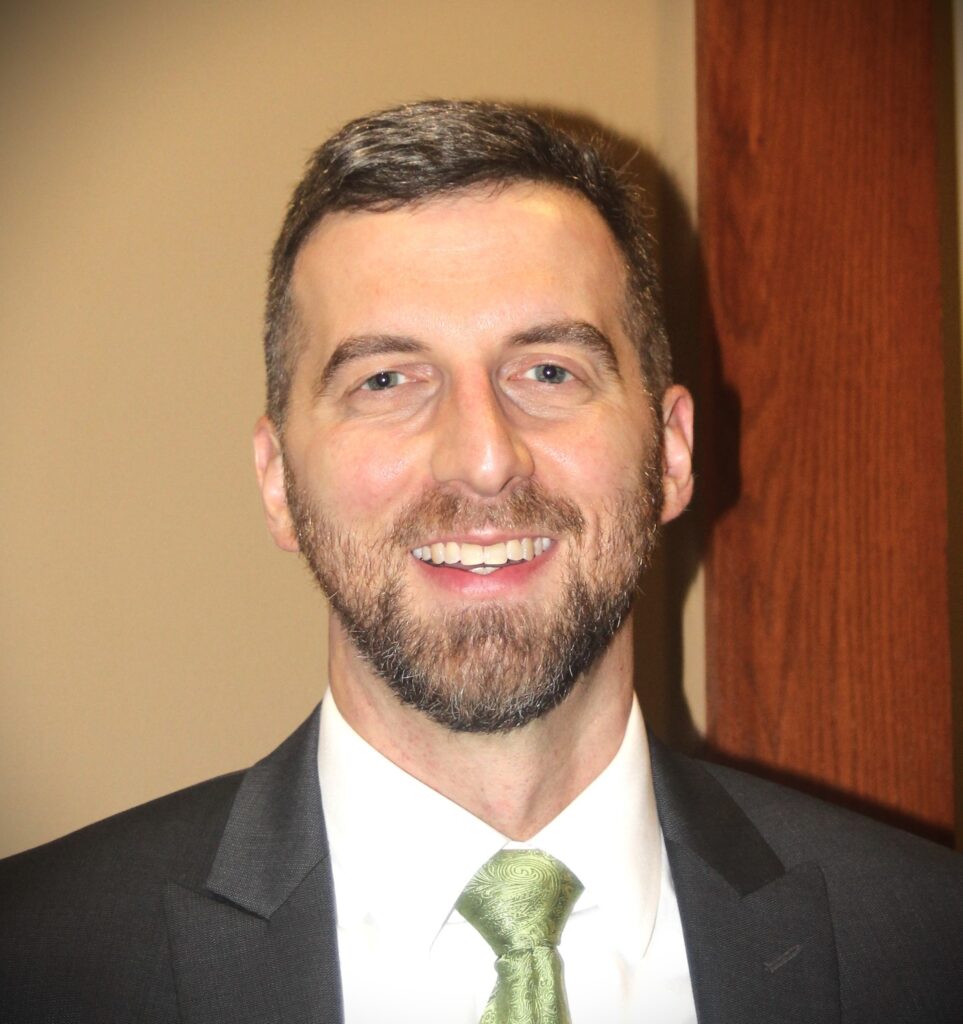
Dr. Eric Beeson
Department Chair, Marshall University Counseling Department
Riding the Waves of Ethical Decision-Making
When you think of a giant wave approaching in the ocean, how do you respond? Are you fearful of the wave’s power, or excited by the opportunity to ride your surfboard? Ethical dilemmas in mental health and substance use disorder care cause many of the same reactions; some seem so complex that our decisions might cause a wipeout, while others seem so common that we make decisions without thinking. This presentation will ensure that participants have the right “surfboards” (i.e., the necessary tools and skills) to turn the waves of ethical dilemmas into opportunities for high-quality practice.
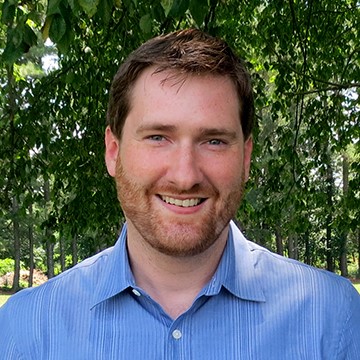
Dr. Brandon Waggoner
Associate Professor, Liberty University
Ethical Dilemmas in Diagnosis
Diagnosis can be a confusing topic that is ripe for ethical dilemmas. Clinicians need to understand many of the ethical pitfalls in order to not only help their clients through best practices, but also know they are providing the best care. This presentation will look at the ethical codes guiding diagnosis, the impact to clients, and even the considerations of third-party payers.

Brooke Parker, MSW, LGSW
Clinical Mental Health and SUD Counselor
Ethical Considerations for People Living with HIV and Using Drugs: A Community Perspective
This presentation will discuss the role of ethics and protected legal status of people living with HIV, specifically for people who use drugs. By reviewing outbreak demographics and data, participants will be able to discuss and learn about strategies that have worked in southern counties around our HIV outbreak, and will discuss how stigma and harm reduction theory and practice can impact service delivery in the context of ethics and ethical dilemmas in small communities.

Christina Meade, MA
Certified Rape Crisis Center Sexual Assault Victim Advocate
The Ethical Imperative: Restoring Voice and Choice After Sexual Trauma and Addiction
They’ve had their voice taken. Their choices stripped away. After enduring the dual traumas of sexual violence and substance abuse, regaining autonomy is both an ethical obligation and a critical path to healing. This provocative session exposes the compounding impacts on self-determination and outlines empowerment-focused strategies for restoring voice, choice and personal agency throughout treatment. It’s on us to create the space for survivors to be truly heard. As allied professionals, it’s our ethical duty to amplify those voices that have been diminished by compounding and stigmatizing traumas. Get ready to be inspired, entertained, and maybe even provoked to action with trauma-informed approaches to uphold this imperative.
Warning: The speaker will be discussing sensitive topics such as rape and abuse. Additionally, this presentation does contain (minimal) profanity in the context of specific quotes.
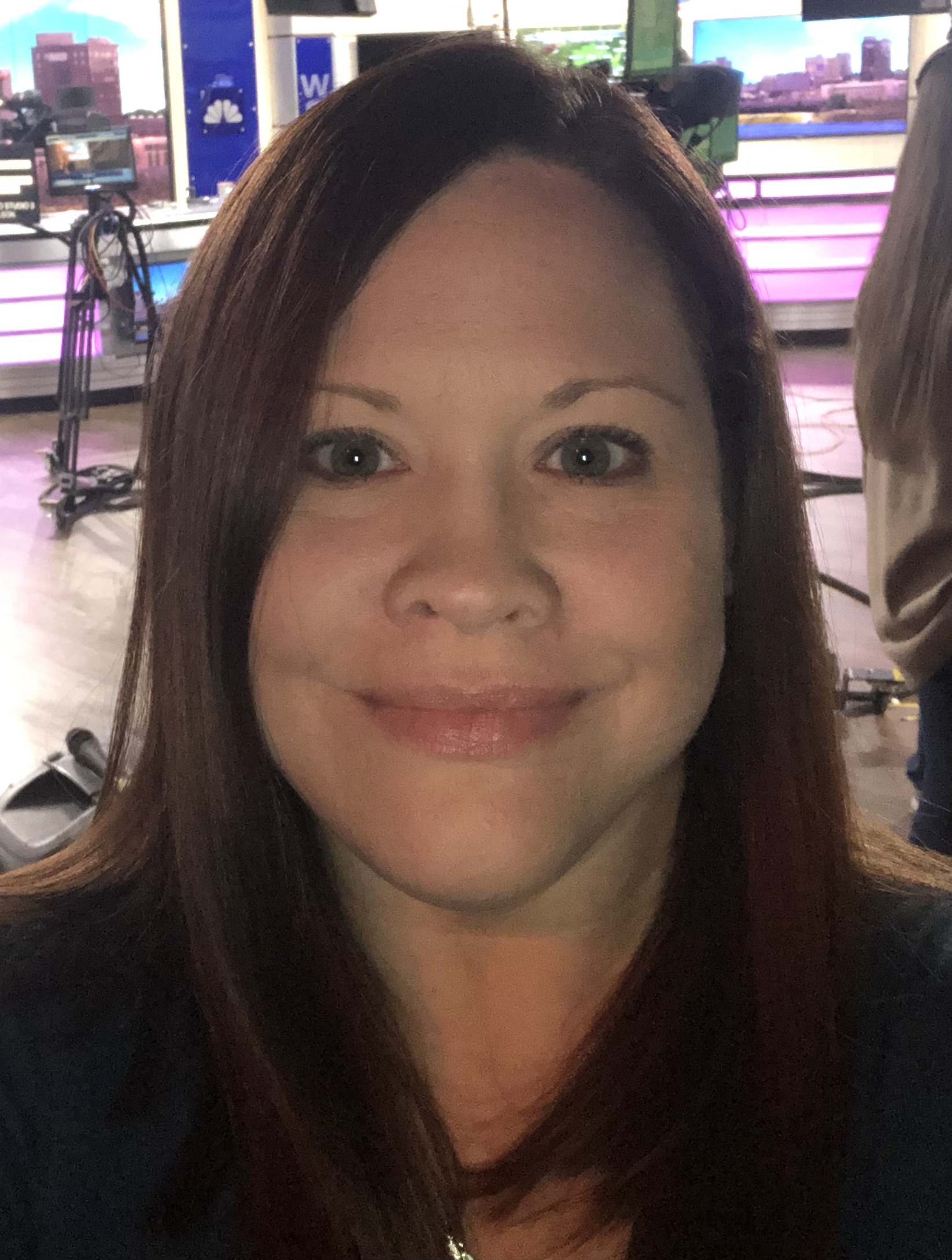
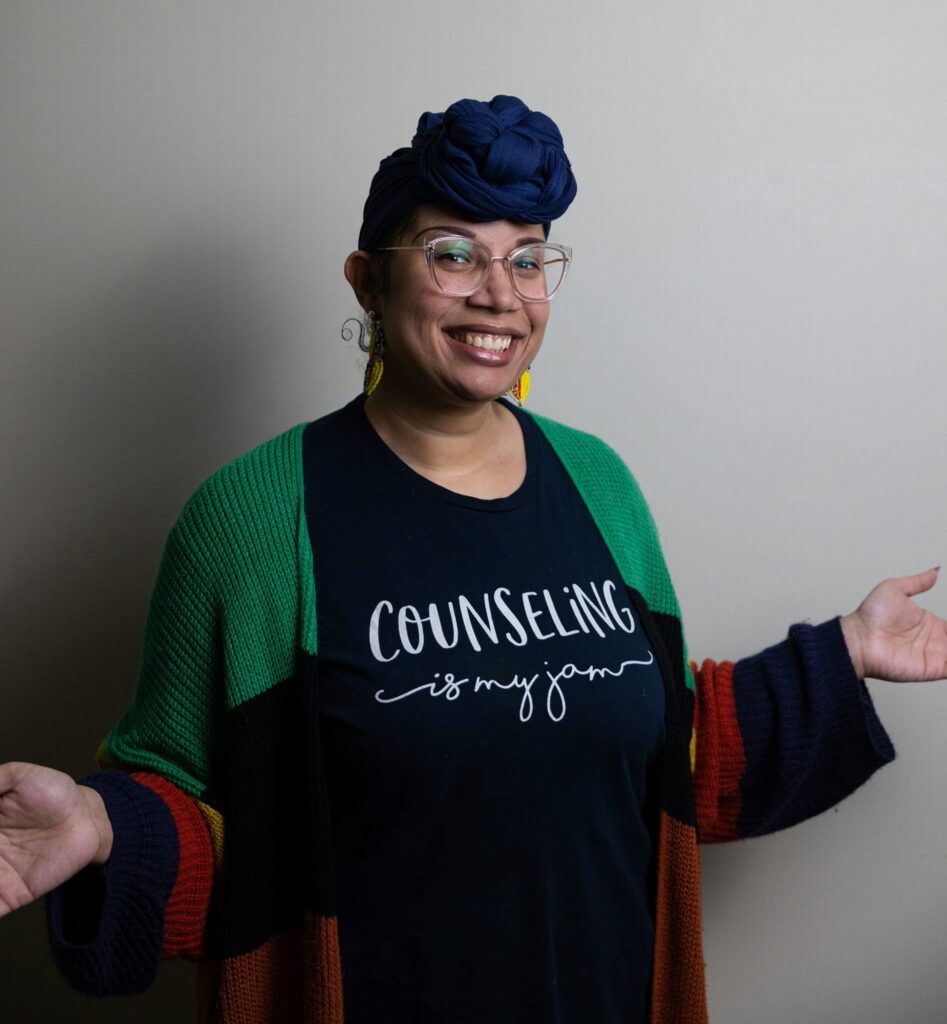
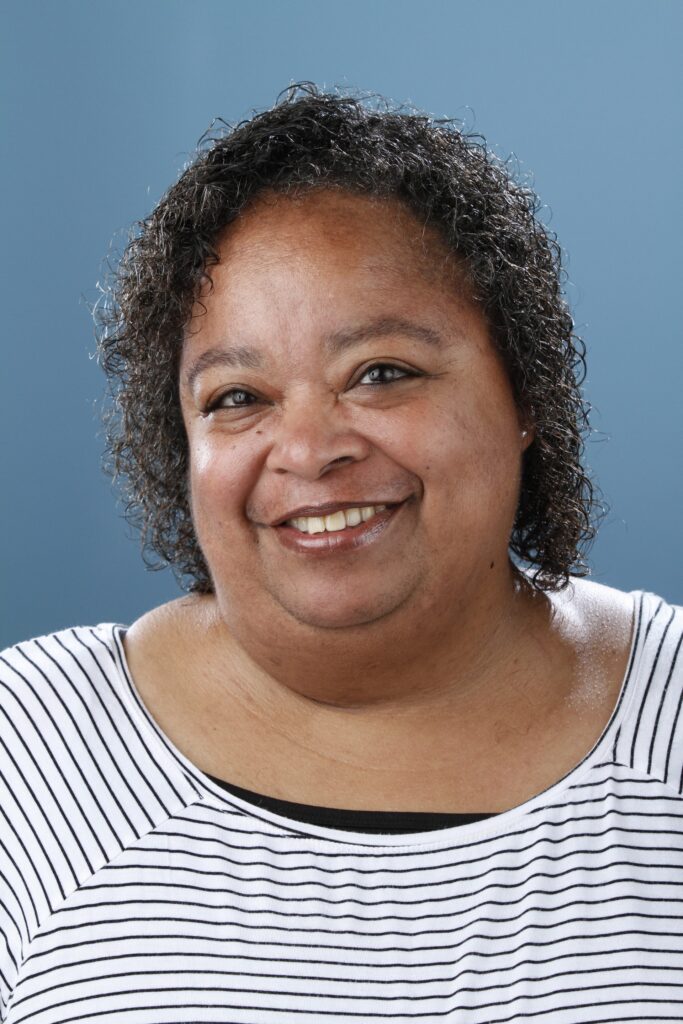
Amy Kennedy-Rickman, LPC, ALPS
Foster Care Liaison
Dr. Jerica Wesley, LPC, ALPS
Assistant Professor, Marshall University
Dr. Michelle Smith, LPC, ALPS
School Counselor
“Escaping” Ethical Dilemmas: A Mind-Bending Adventure
Step into an experience where ethical conundrums are the keys to unlocking professional growth. Inspired by the challenge of escape rooms, this interactive workshop will immerse participants in an ethical decision-making experience. Participants will maneuver through the ethical complexities related to technology, cultural competency, substance use disorder counseling, school counseling, and professional boundaries. Throughout this adventure, participants will collaborate with one another to “escape” each scenario by applying the ethical code and ethical decision-making models learned during the workshop.
This dynamic, hands-on experience is certain to deepen your ethical expertise and enhance your professional practice! Don’t miss this mind-bending journey!
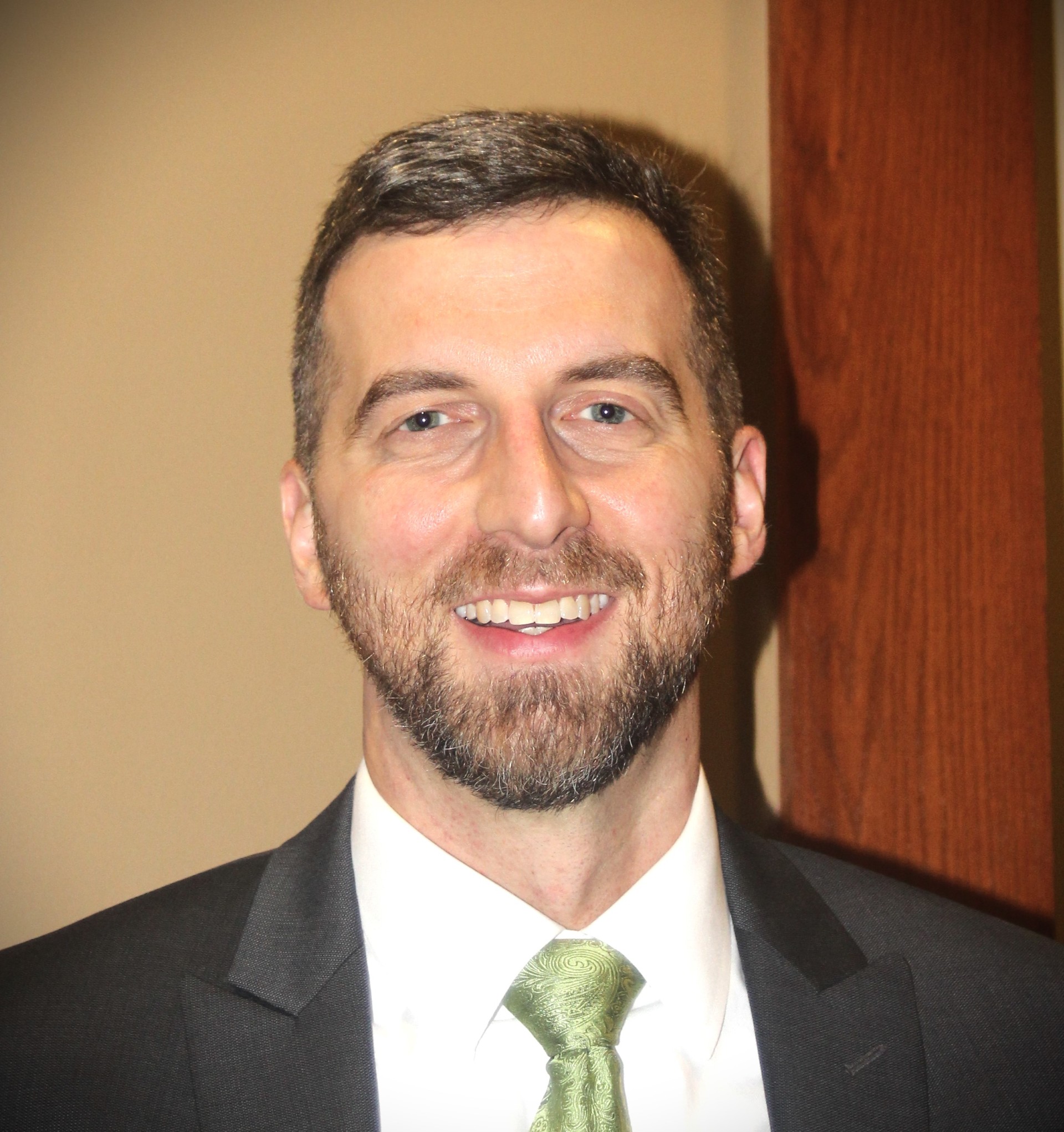
Dr. Eric Beeson
Department Chair, Marshall University Counseling Department
Using Generative AI as an Ethics Consultant
Generative artificial intelligence (GenAI) and large language models are commonplace in our lives and professions. Although most of the discussion about GenAI rightly focuses on the ethical dilemmas created by GenAI, this presentation will focus on how to use GenAI to build our own ethical decision-making skills. This presentation will provide a basic overview of how to use GenAI and use examples from participants to role-play ethical decision making in real-time with GenAI.

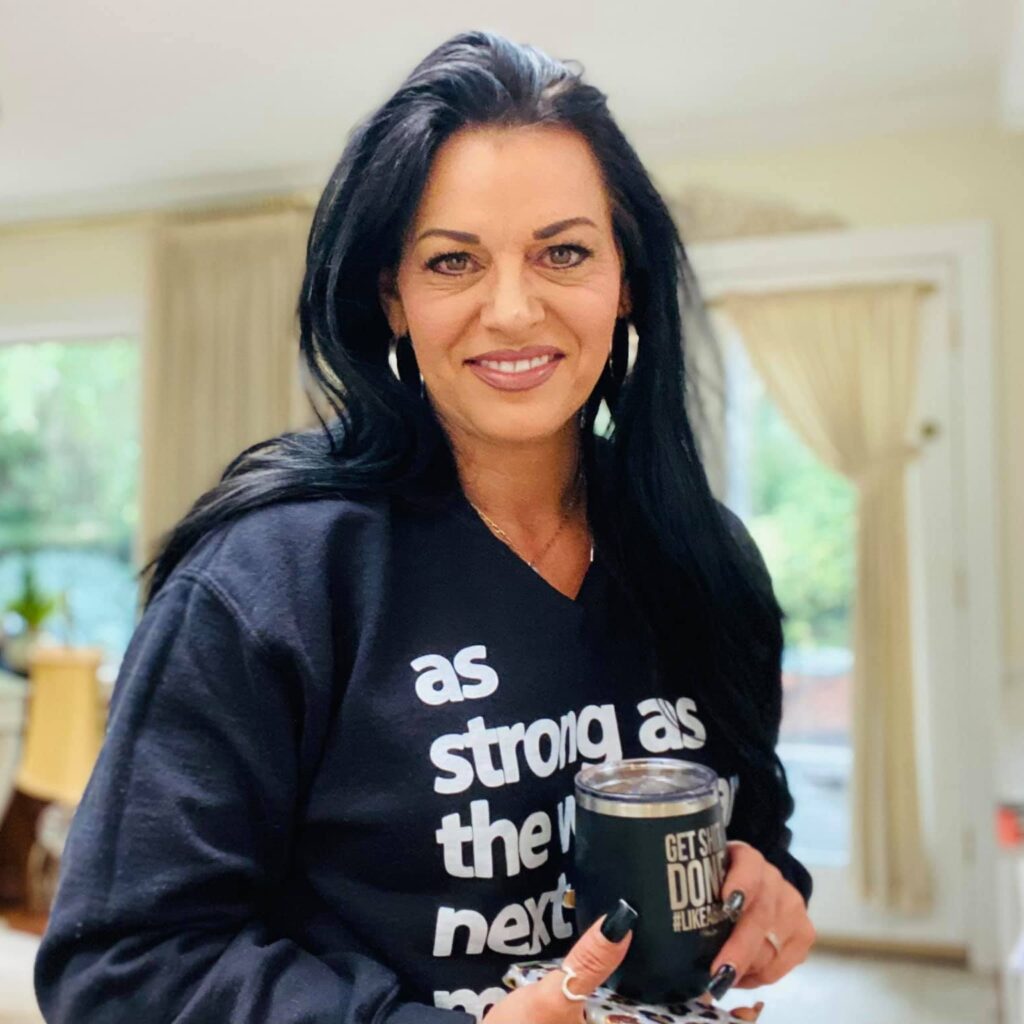
Barri Sky Faucett, MA
Director, Prevent Suicide WV
Michelle Toman
Founder/CEO, Brother Up Foundation
Doing the Right Thing: Ethical Perspectives on Suicide and Suicide Prevention
Suicide is complex and multifaceted. As it pertains to life and death, high standards of ethical practices are critical. There is a safe and unsafe way to communicate, treat and intervene when suicide is present. This interactive workshop will provide for greater understanding on how to ethically keep someone safe from suicide. When we know better, we do better; lives depend on us doing the right thing.

Amy Kennedy-Rickman, LPC, ALPS
Foster Care Liaison
Ethics in Action: Navigating the Challenges of Counseling Children and Adolescents
This engaging and interactive presentation will delve into the important topic of ethics when working with children and adolescents in counseling. Participants will explore how ethical principles can be applied in professional practice. Through case studies and group discussions, participants will address ethical concerns such as mandated reporting, obtaining consent, responsibility to the client, and responsibility to parents and legal guardians. The presentation will also focus on strategies to minimize ethical and legal mistakes in counseling young clients. Don’t miss this thought-provoking presentation, where together we will explore how to navigate the complex ethical landscape of counseling children and adolescents.

Susie Mullens, MS, LPC, AADC, Licensed Psychologist
Director, WV Collegiate Recovery Network
Ink & Ethics: The Use of Tattoos in Counseling and Peer Relationships
For thousands of years, humans have adorned their bodies with tattoos as a form of self-expression, identity, and cultural connection – stories inked into the skin. Delving into the meanings behind tattoos with our clients and recoverees can be a powerful tool for building rapport, but navigating the boundaries of self-disclosure and the use of self in healing relationships presents unique challenges.
This session will explore the guidance from the various codes of ethics concerning self-disclosure and professional boundaries. Together, we will discuss best practices, share experiences, and engage in robust discussions to deepen our understanding of the world of tattoos and their significance in the therapeutic setting.
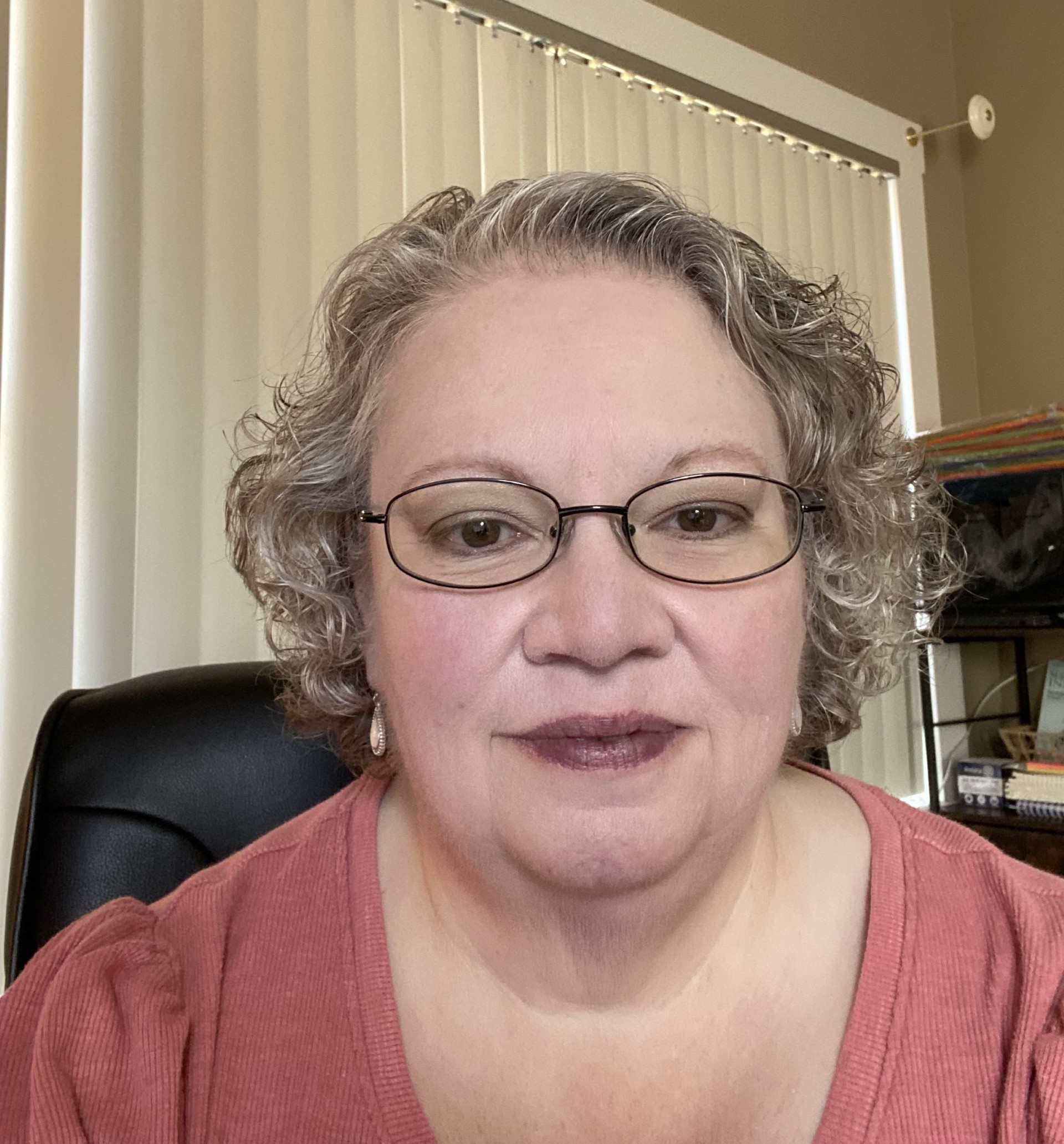
Jennifer “JJ” Johnson, MSW, LGSW
Executive Director, WV Centers Against Violence
Balancing Empathy and Boundaries: Navigating Ethical Dilemmas in Professional Practice
This workshop will explore the delicate balance between maintaining empathy and upholding strict boundaries with clients. Through specific scenarios, we will examine ethical dilemmas that arise when boundaries are not maintained, highlighting the potential to harm both clients and professionals. Attendees will have the opportunity to engage in discussions based on provided scenarios as well as any that may be brought up during the conversation, offering practical and interactive learning experience. This workshop aims to illuminate how ethical dilemmas can stem from seemingly harmless interactions and provide strategies to avoid them, ensuring professional and ethical practice.
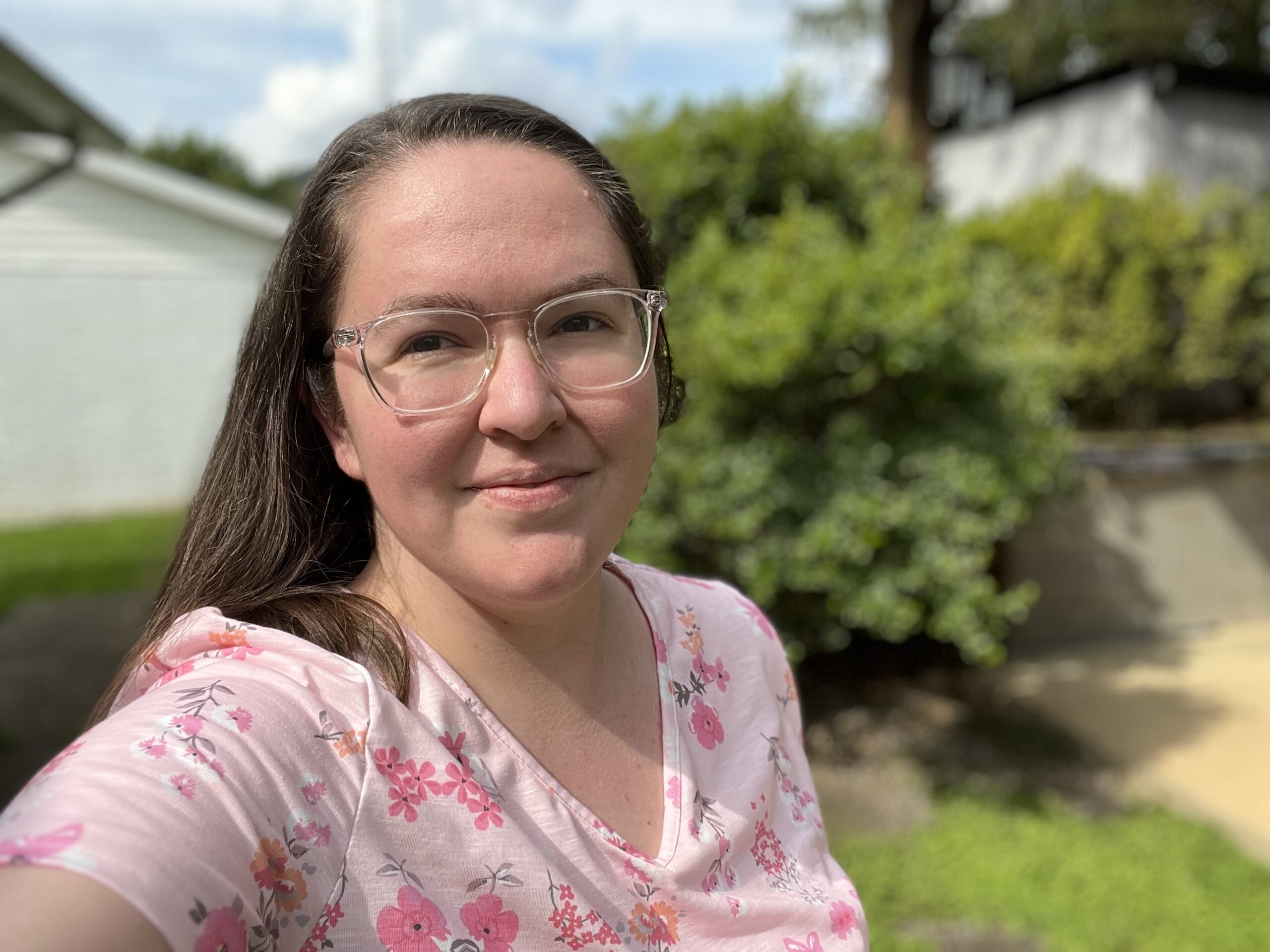

Megan Parker, MSW, LICSW
Behavioral Health Therapist
Dr. Joan Doris, LICSW
Ethical Concerns for Motivational Interviewing: How to Recognize and Respond to Ethical Dilemmas
Motivational Interviewing (MI) is an evidence-based model that supports behavior change. But what happens when the MI practitioner perceives a needed change that the client is not ready or willing to make? This session will focus on exploring the ethical dilemmas possible while utilizing MI, how to recognize practitioner biases, and how to respond to client ambivalence and resistance to change in an ethical and MI-consistent way. All are welcome to attend, however, note that topics in this session will engage moderate to advanced knowledge of MI (understanding of OARS skills, how to offer information, and assessing client readiness to change).

Dr. Carol Smith, LPC, CCTP
Professor, Marshall University
Our Moral Obligation to Address Trauma in Addictions and Urgent Mental Health
While the United States has a robust system for responding to urgent medical needs, no such system exists for mental health needs, particularly urgent needs like trauma, addiction, and bereavement. We are uniquely positioned to build such a system now through transdisciplinary cooperation. This presentation distinguishes how mental health crises differ from typical mental health needs. It explores the adequacy of current Counseling Codes of Ethics (ACA, ASCA, AMHCA) regarding the moral obligation to provide for urgent mental health needs. The presentation measures national progress in achieving parity between mental and medical health urgent care. We will discuss opportunities to advocate for and build a better system of care for those in mental health crises in light of ethical principles and virtues.
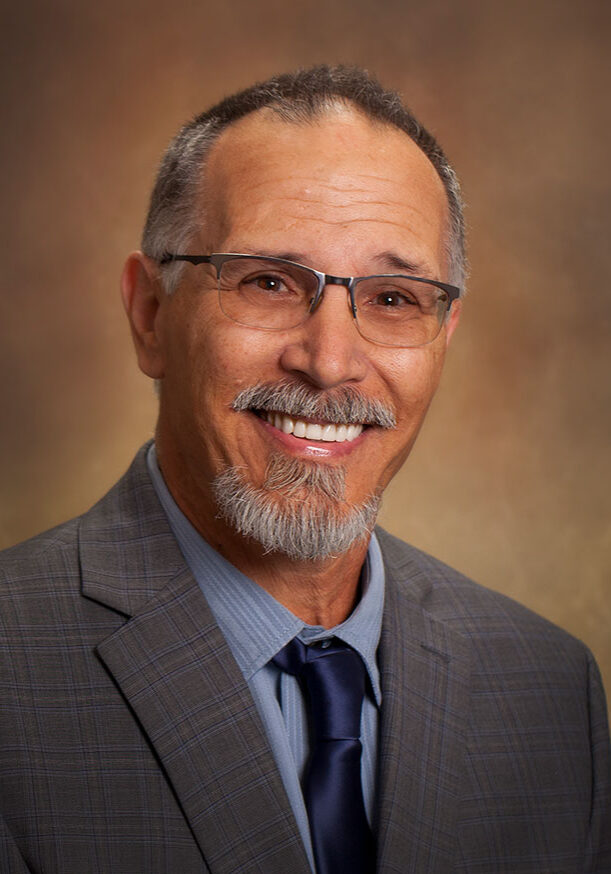
Steven Samra, MPA
National Opioid Response MAT/R Recovery Specialist, Opioid Response Network (ORN)
What Gets You Hired Can Also Get You Fired: The Critical Importance of Professionalism, Ethics, Boundaries, and Confidentiality for Peers in the Workplace
This session will focus on the essential attributes of professionalism and the key domains of ethical consideration crucial for peer support specialists. Attendees will learn about a peer-based model of ethical decision-making to aid in establishing and maintaining boundaries, which helps protect both peers and those receiving peer support. There will also be emphasis on the importance of confidentiality and harm reduction within an ethical context. Attendees will gain a deeper understanding of the soft skills necessary for professionalism in peer support roles and enhanced ability to effectively navigate ethical challenges.
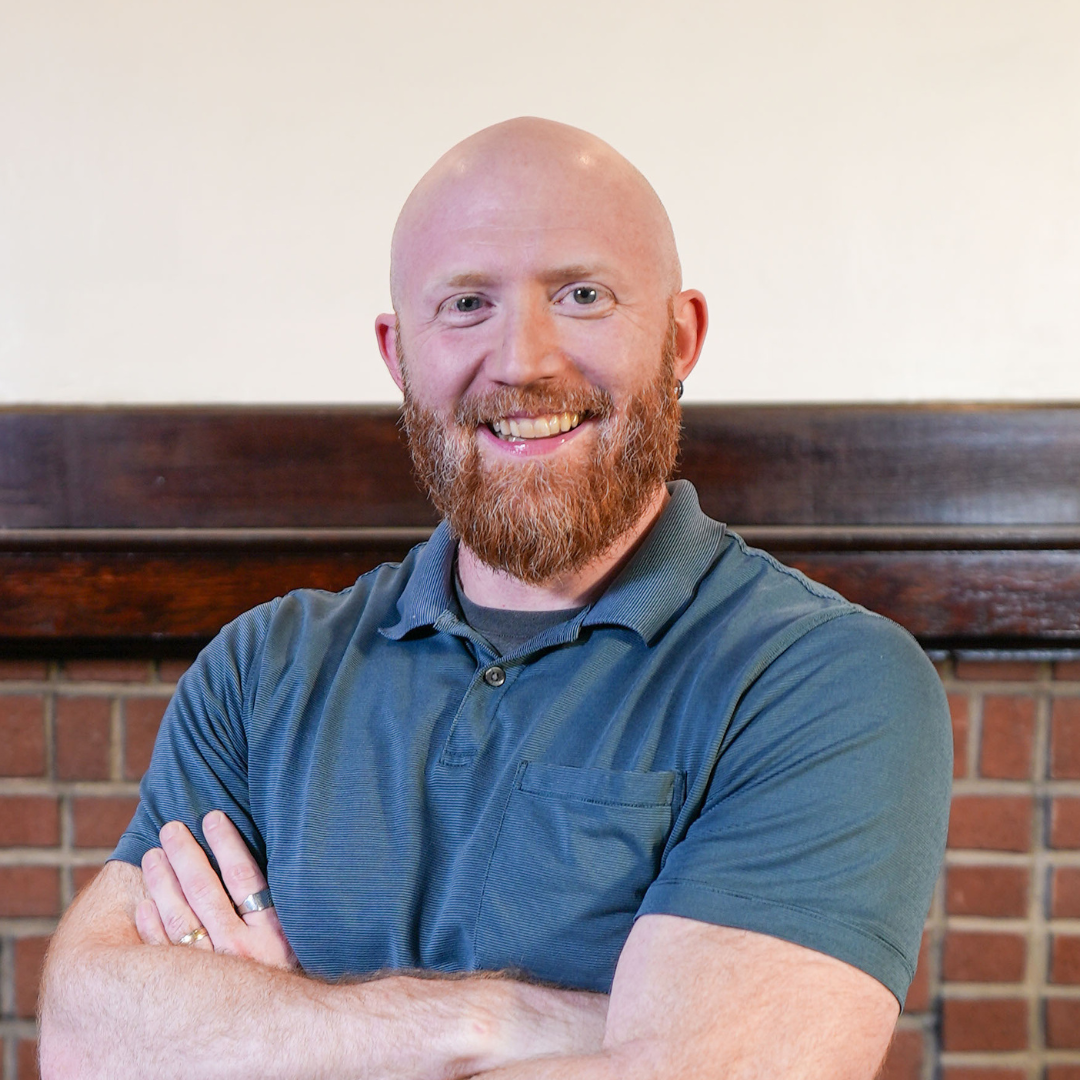
Jonathan Pishner, MA, LPC (WV and GA)
Therapist, private practice
Countertransference: How to Manage and Mitigate it in Treatment
Countertransference is inevitable in a human helping relationship. Since it is guaranteed, it is essential that therapists know how to deal with it when it happens. In this session, we’ll explore how to use it to drive therapy when possible, and how to limit or control the impact of negative countertransference.
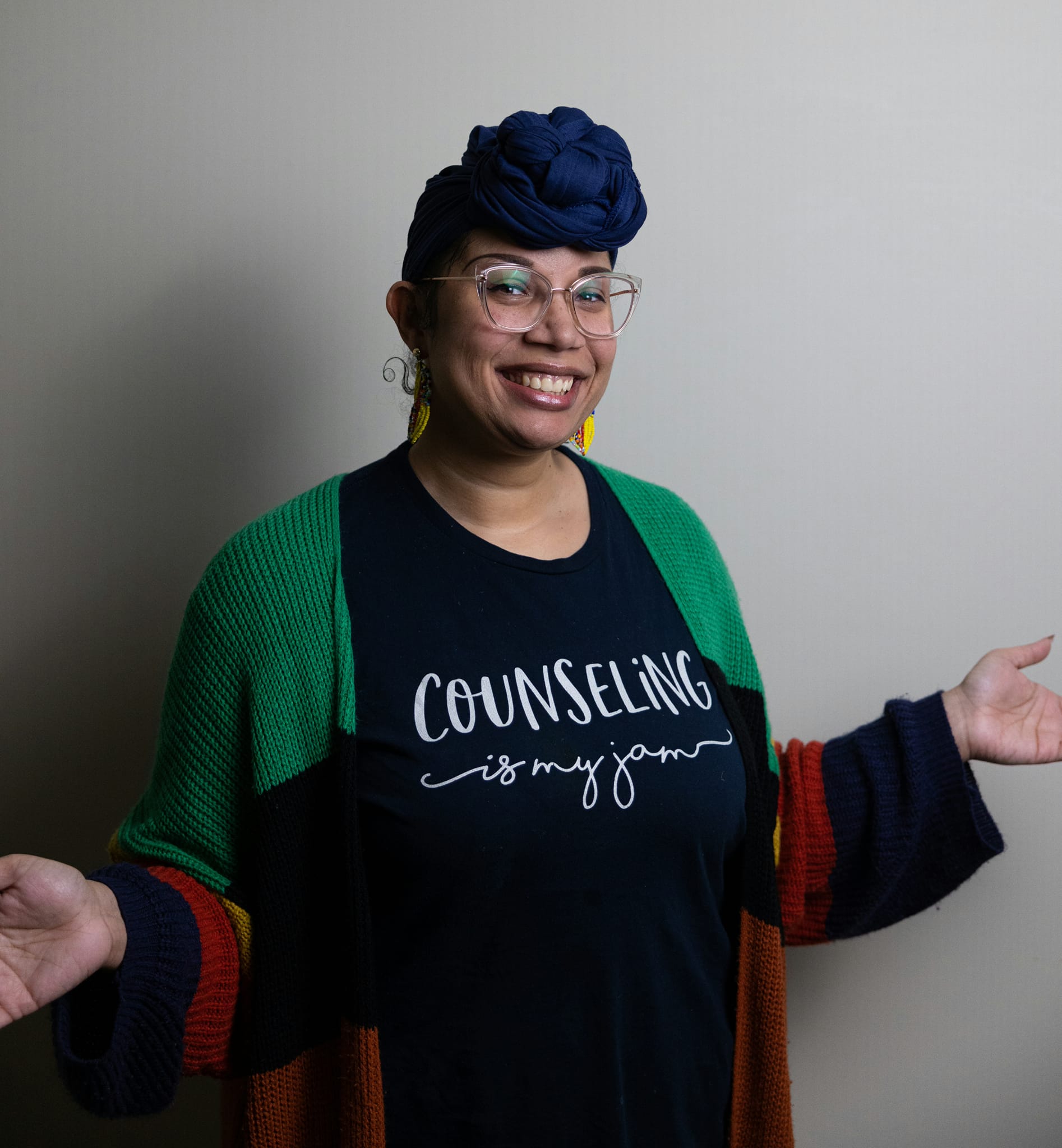
Dr. Jerica Wesley, LPC, ALPS
Assistant Professor, Marshall University
Creating a Professional Will: Ethical Considerations for Mental Health Providers
This workshop is designed for mental health providers who are committed to maintaining ethical standards and ensuring the continuity of care for their clients. The session will begin with an exploration of the ethical imperatives that necessitate the creation of a professional will, focusing on the responsibilities to clients and the profession.

Dr. Lori Ellison, LPC, ALPS
Professor, Marshall University
Ethics From a Regulatory Perspective: What One Can Learn While Serving on a Licensing Board
As a member of the WV Board of Examiners in Counseling for 14 years, one learns a great deal about ethical conduct (and misconduct). My experience with the Board has taught me a great deal about what is missing in the ethical “wheelhouses” of many practitioners out there in the workforce. This presentation will discuss some of the most relevant ethical issues encountered from a regulatory viewpoint and also take time to discuss with the group how these slippages and drifts can affect any practitioner who is not vigilant and intentional about their ethical responsibilities. We will also brainstorm some preventative measures that one can take to inoculate one’s practice against ethical pitfalls that could end up with sanctions against one’s license.

Jonathan Pishner, MA, LPC (WV and GA)
Therapist, private practice
Confidence in Ethical Decision-Making: How to Use an Ethical Decision-Making Model to Resolve Dilemmas
This workshop will be focused on using an ethical decision-making model to organize and streamline ethical dilemmas. This session will feature an extensive practice portion, and participants are encouraged to be ready to suggest their own real-life ethical dilemmas.

Dr. Jerica Wesley, LPC, ALPS
Assistant Professor, Marshall University
Navigating Ethical Challenges and Safety Concerns in Mental Health Practice
This workshop addresses the complex ethical implications mental health providers face when working with clients who threaten their safety. Through a combination of lectures, case studies, and interactive discussions, participants will explore the intersection of ethical practice and personal safety. The session will begin with an overview of relevant ethical principles and legal obligations, such as confidentiality and the duty to warn.
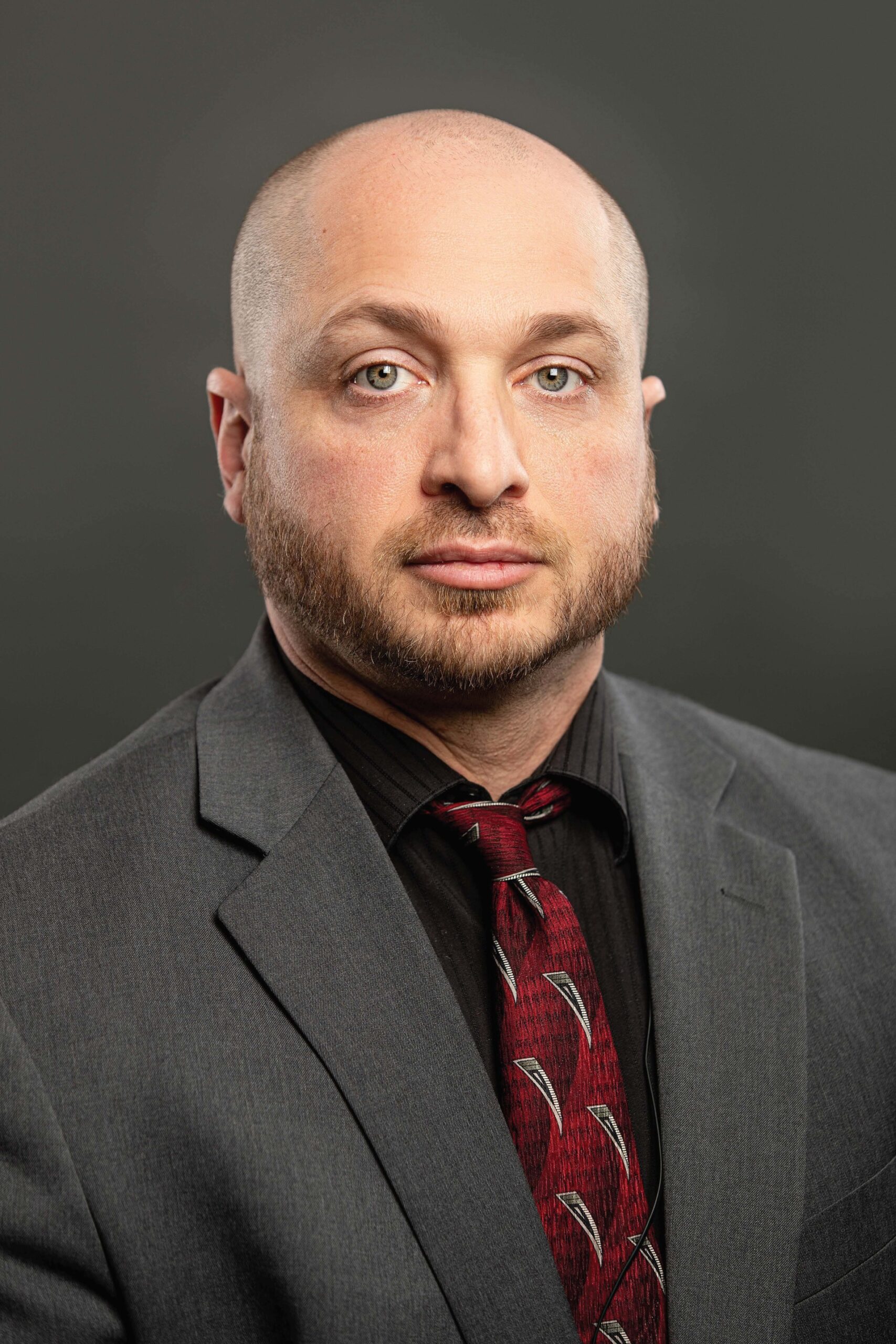
Dr. Todd Davies
Associate Professor and Associate Director of Research, Marshall University Joan C. Edwards School of Medicine, Family and Community Health – Division of Addiction Science
Navigating Ethical Responsibilities in Substance Use Disorder Care: Asking the Right Questions
This session will explore the critical role of behavioral health providers in medical settings, emphasizing the importance of collaboration with medical personnel to effectively meet clients’/patients’ needs. Interdisciplinary collaboration can be challenging and even intimidating at times, with providers facing uncertainty about when to “stay in one’s lane” vs. when to ask essential questions to better understand and address the unique challenges faced by vulnerable populations. By focusing on behavioral health providers’ ethical imperative to engage in research and inquiry, this session will empower practitioners to break away from the status quo and continuously evolve their approach to care. Attendees will discover how asking the right questions can carve a path of more profound insights, thoughtful navigation of client/patient care and recovery, and better outcomes for clients/patients by ensuring that their genuine needs are met.
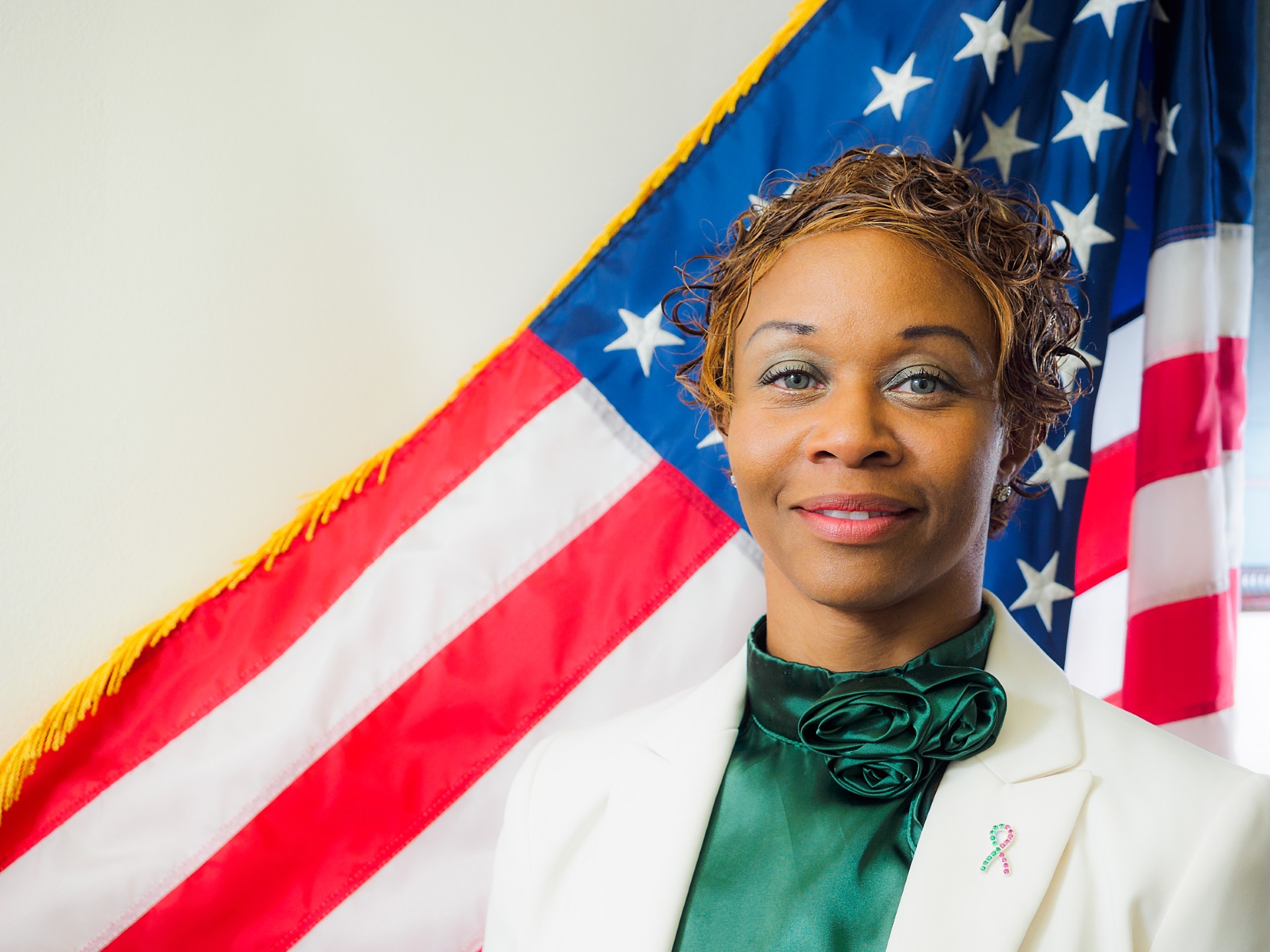
Dr. Patrecia L. Williams
Founder/Executive Director, Organization of Hope
Peer Ethics in Supporting Veterans: Addressing Unique Challenges
In this session, peer support specialists will explore the distinctive ethical challenges that can arise in the care of veterans. Attendees will gain insights into how military culture influences ethical dilemmas and the complexities of navigating the Veterans Affairs (VA) Medical System. The session will also address ethical issues surrounding confidentiality and mandated reporting, effective strategies for supporting veterans and their families, and practical tools for advocating within the VA system, ensuring veterans can access and benefit from needed services.
Event Sponsors
NEXUS ETHICS will be free of charge for attendees, with grant funding from the Opioid Response Network (ORN) and the West Virginia Behavioral Health Workforce and Health Equity Training Center covering the venue and presenter honoraria. However, grant funding cannot pay for food and beverage costs, so we are very grateful to the agencies and organizations who have agreed to sponsor to help cover these expenses!
Diamond Sponsor(s)
Diamond-level sponsors contributed $2500+
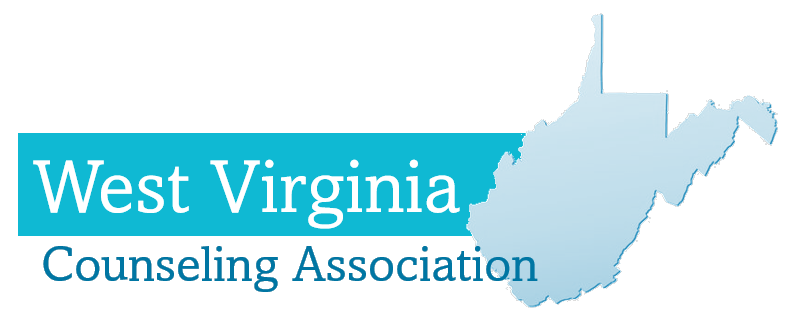
Platinum Sponsor(s)
Platinum-level sponsors contributed $1500-2400
Gold Sponsor(s)
Gold-level sponsors contributed $1000
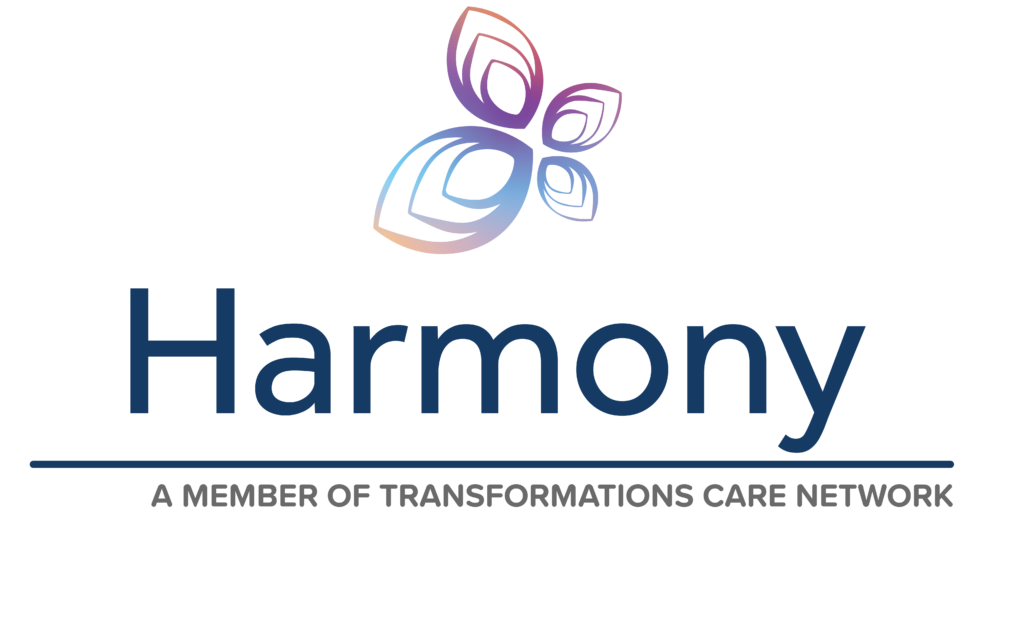

Silver Sponsor(s)
Silver-level sponsors contributed $500
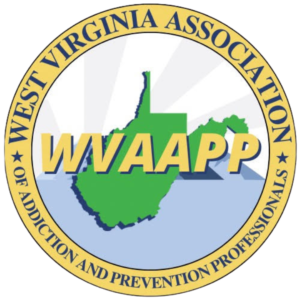

Bronze Sponsor(s)
Bronze-level sponsors contributed $250
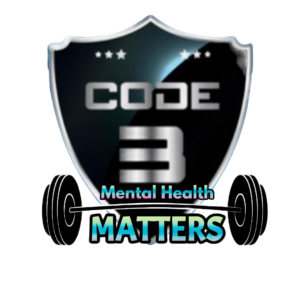
Thank you!!


